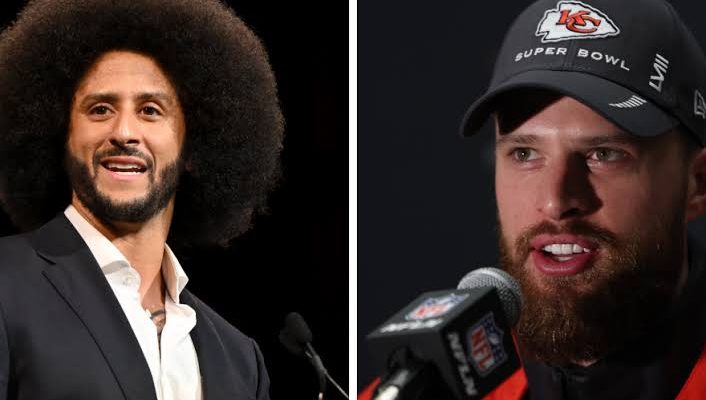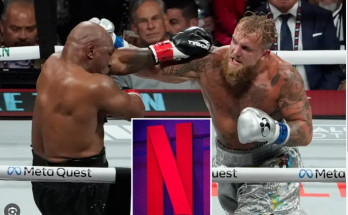
In a surprising turn of events, Colin Kaepernick, the former San Francisco 49ers quarterback and prominent social justice activist, has announced his decision to boycott the NFL as long as Harrison Butker remains part of any
team. Kaepernick, who has been a vocal advocate for racial equality and police reform, cited Butker’s controversial comments on social issues as the driving factor behind his decision. Although Butker, the Kansas City Chiefs’ star kicker, has a reputation for his on-field prowess, his off-field statements
have sparked significant debate, leading Kaepernick to take a stand. This boycott underscores Kaepernick’s ongoing commitment to his principles, even at the cost of distancing himself further from the league he once dominated
The announcement has ignited a fresh wave of discourse within the NFL community and beyond. Supporters of Kaepernick applaud his unwavering dedication to social justice, viewing his boycott as a powerful statement against the NFL’s handling of players’ conduct and its broader social responsibilities. Conversely, others argue that such a move could deepen divisions and complicate efforts to address contentious issues within the league. As the conversation around Kaepernick’s boycott gains momentum, it highlights the enduring impact of his activism and the complex interplay between sports, personal beliefs, and societal change



